With more than 650,000 new cases every year, cervical cancer is the fourth most common cancer for women worldwide. However, a new study shows that there may be a way to all but eradicate the terminal disease.
A study conducted in the United Kingdom shows that the HPV vaccine can decrease cases of cervical cancer by 90%, including in women most susceptible to the disease.
What Is HPV?
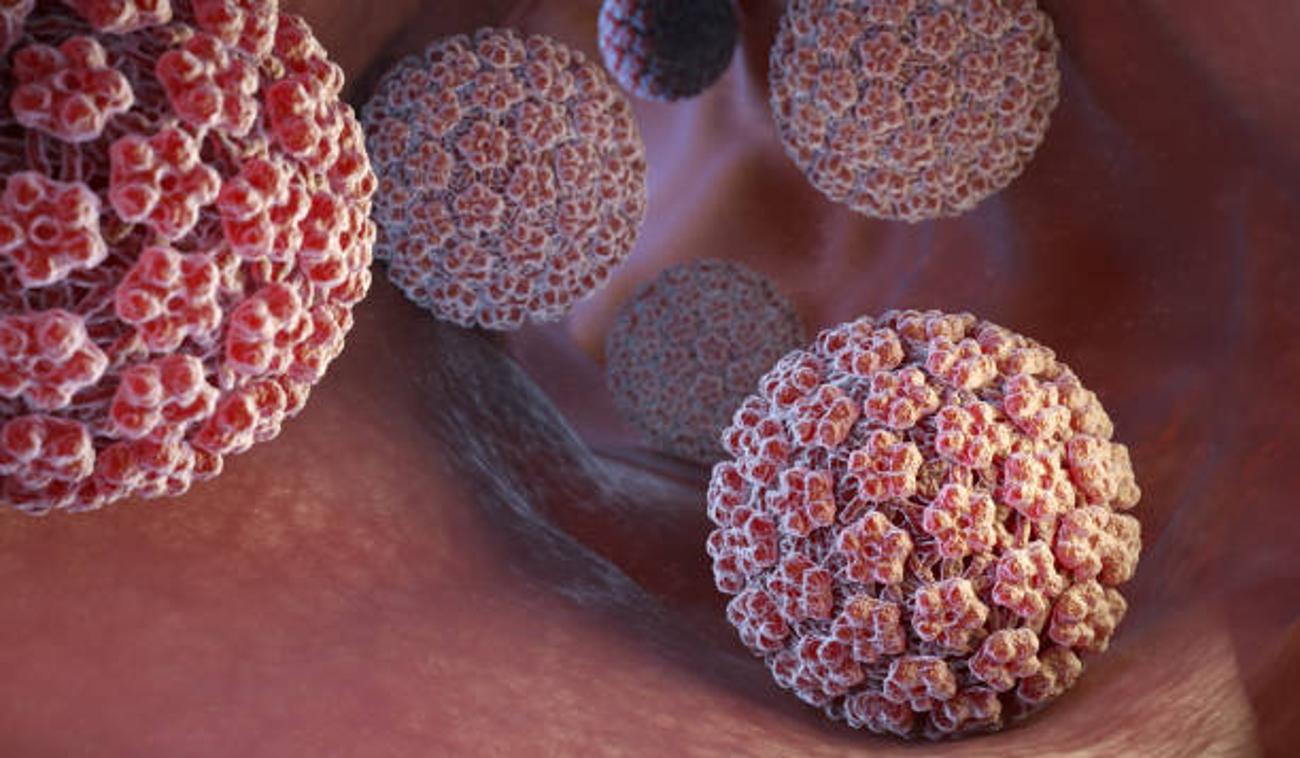
In order to understand this prevention tactic, it’s first important to know what HPV is and why it is the most common cause of cervical cancer.
HPV, or the human papillomavirus, is an extremely common sexually transmitted disease. There are more than 100 variations of HPV, though most produce no symptoms in either men or women. Often, the disease clears on its own, but when it doesn’t, it can lead to cervical cancer.
99.7% of All Cervical Cancers Are Caused by HPV
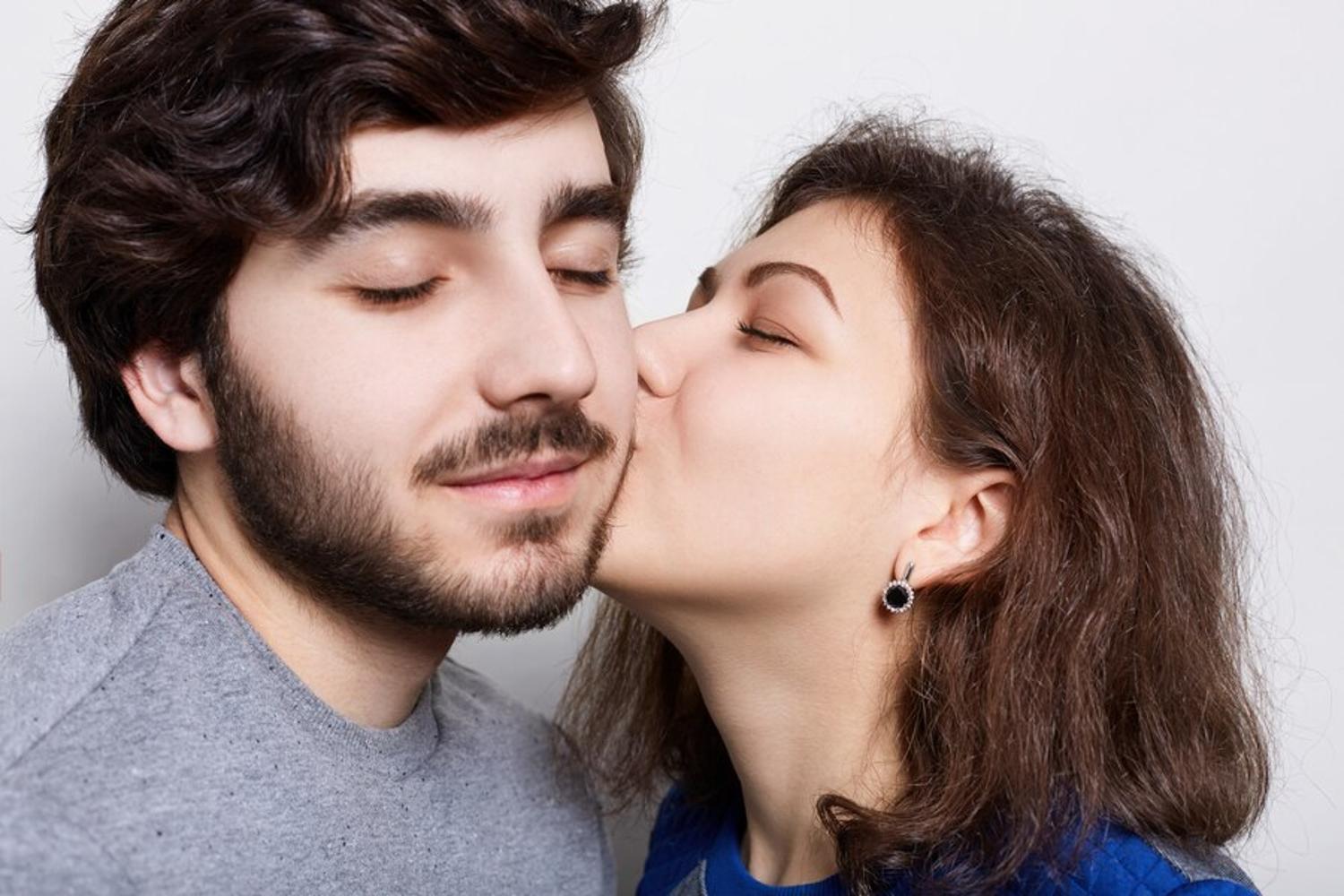
Those kinds of HPV, which are considered “high risk,” cause 99.7% of cervical cancers. Essentially, the virus interferes with the cervical cells, which causes infected cells to multiply and become cancerous.
Because there are usually no symptoms, most women don’t know they have HPV, and it has become a widespread problem. In fact, 80% of sexually active women and 90% of sexually active men are living with some kind of HPV today.
The HPV Vaccine Was Introduced in 2006
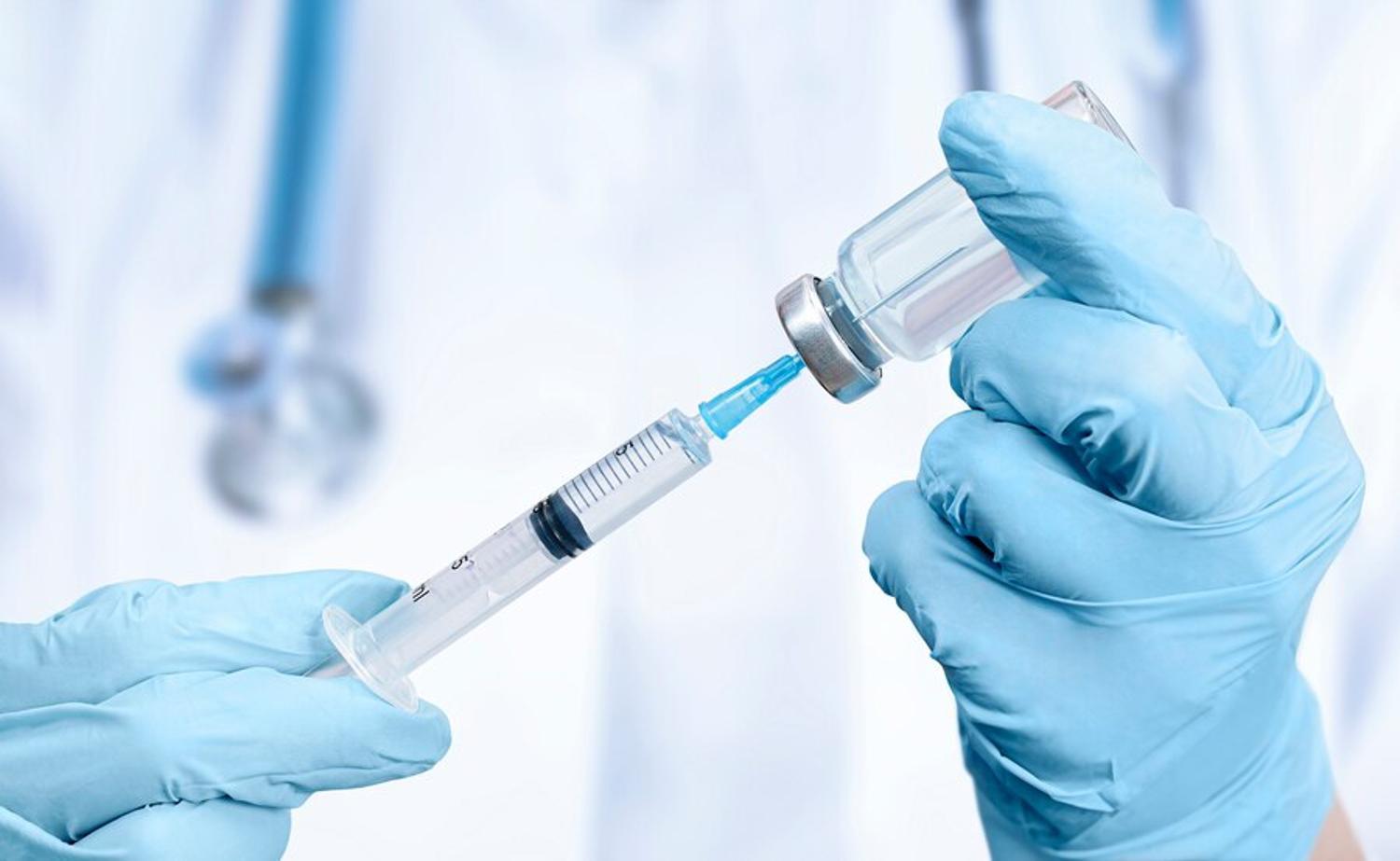
As it became glaringly apparent in the 1990s that HPV was spreading like wildfire, medical researchers got to work creating a vaccine. Luckily, in 2006, the FDA approved the HPV vaccine developed in Australia, and by 2007, it was being used in more than 80 countries around the world.
While the vaccine does not protect recipients from all 100 variations of the virus, it does shield the body against several, including HPV 16 and 18, which are known to cause cervical cancer.
Doctors Recommend Young Women Get Vaccinated at 13 Years Old

According to extensive research, the best time for women to be vaccinated against HPV is when they are 12 or 13 years old. For years, most countries only offered the vaccine to young women, but now, many are suggesting that young men around the same age opt for the vaccine as well.
Although men cannot develop cervical cancer, they can be carriers of HPV if they are not vaccinated. By ensuring that all young people receive the vaccine, HPV may be completely eradicated within the next generation. Which may mean the extermination of cervical cancer.
Study Found That the HPV Vaccine Reduced Cervical Cancer by 90%

Researchers at the Queen Mary University of London recently conducted a study that shows the correlation between HPV vaccines, alongside cervical screenings, and the number of cervical cancer cases.
Their findings, published in the British Medical Journal, reported that the HPV vaccine, coupled with a one-year follow-up, reduced the number of women with cervical cancer by 90%.
Lower-Income Earners Are More Likely to Contract HPV and Develop Cervical Cancer
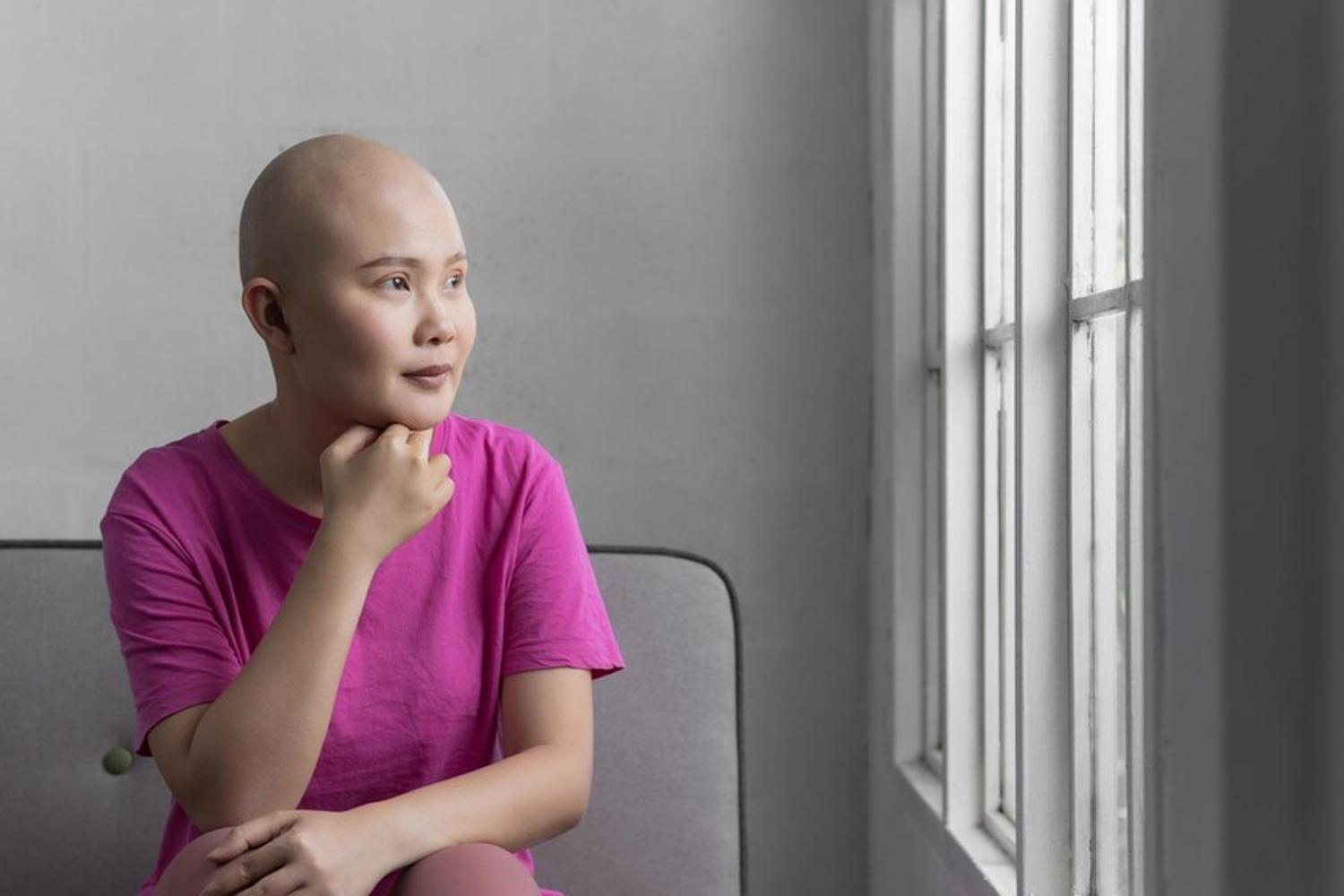
While this information alone is extremely important, there’s a second facet to the research conducted in Scotland. Professor Peter Sasieni, co-author of the study, explained, “Historically, cervical cancer has had greater health inequalities than almost any other cancer, and there was concern that HPV vaccination may not reach those at greatest risk.”
But he was thrilled to share that “[The] research highlights the power of HPV vaccination to benefit people across all social groups.”
The UK Wants to Ensure All Women Receive the HPV Vaccine

As of 2024, the HPV vaccine is offered free of charge through the UK’s National Health Service (NHS) to all teenagers, male and female.
Additionally, for those who forwent the vaccine as teens, because they did not fully understand the benefits, the vaccine is available through the NHS for all residents until they are 25 years old.
The United States Could and Should Do the Same
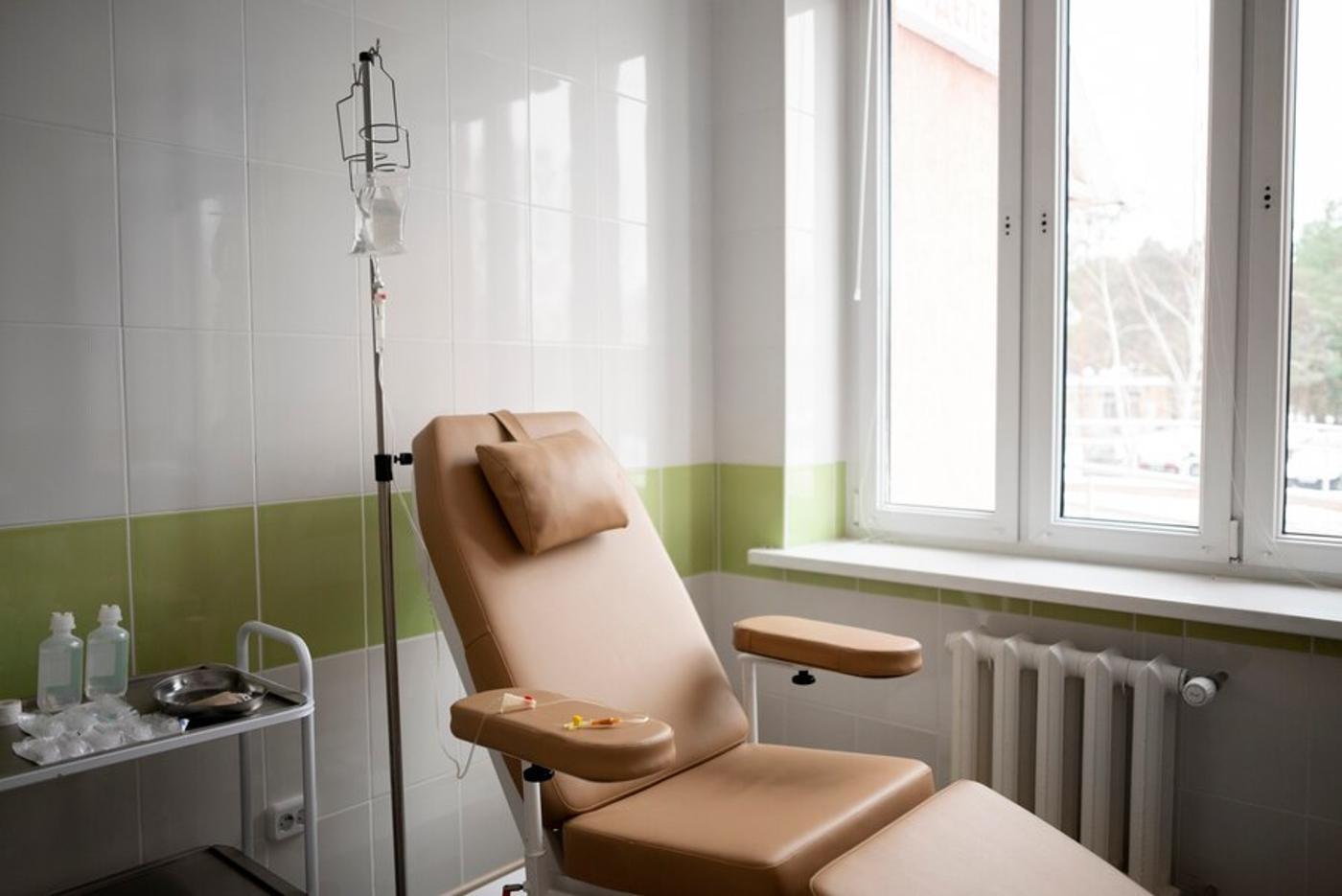
The fact that lower-income women are more susceptible to cervical cancer is not unique to the UK. According to a study published by the University of Texas MD Anderson Cancer Center, “Women in low-income areas of the U.S. face a stark rise in cervical cancer.”
With this information, as well as the study conducted in Scotland that proves HPV vaccines can reduce cervical cancer by 90%, many doctors are arguing that the US should be working to ensure all American women receive the vaccine in their teen years.
Doctors Around the World Should Ensure Their Patients Receive the HPV Vaccine

The hope, of course, is that doctors and medical professionals around the world will do their best to ensure every woman receives this potentially life-saving vaccine.
Now that they know that the vaccine offers a 90% reduction in cervical cancers, providing it to all patients could save hundreds of thousands of lives every year. However, as everyone knows, sometimes our health lies in our very own hands.
Young Women: Call Your Doctor Today to Get the HPV Vaccine

It is crucial that young women (and men) understand the benefits of the HPV vaccine and receive it in their early teens.
Maria Caulfield, UK’s Minister for Health, said in a recent statement, “I urge all those eligible to get in touch with their GP to get the vaccine if they haven’t had it yet.”
The HPV Vaccine Could Eradicate Cervical Cancer
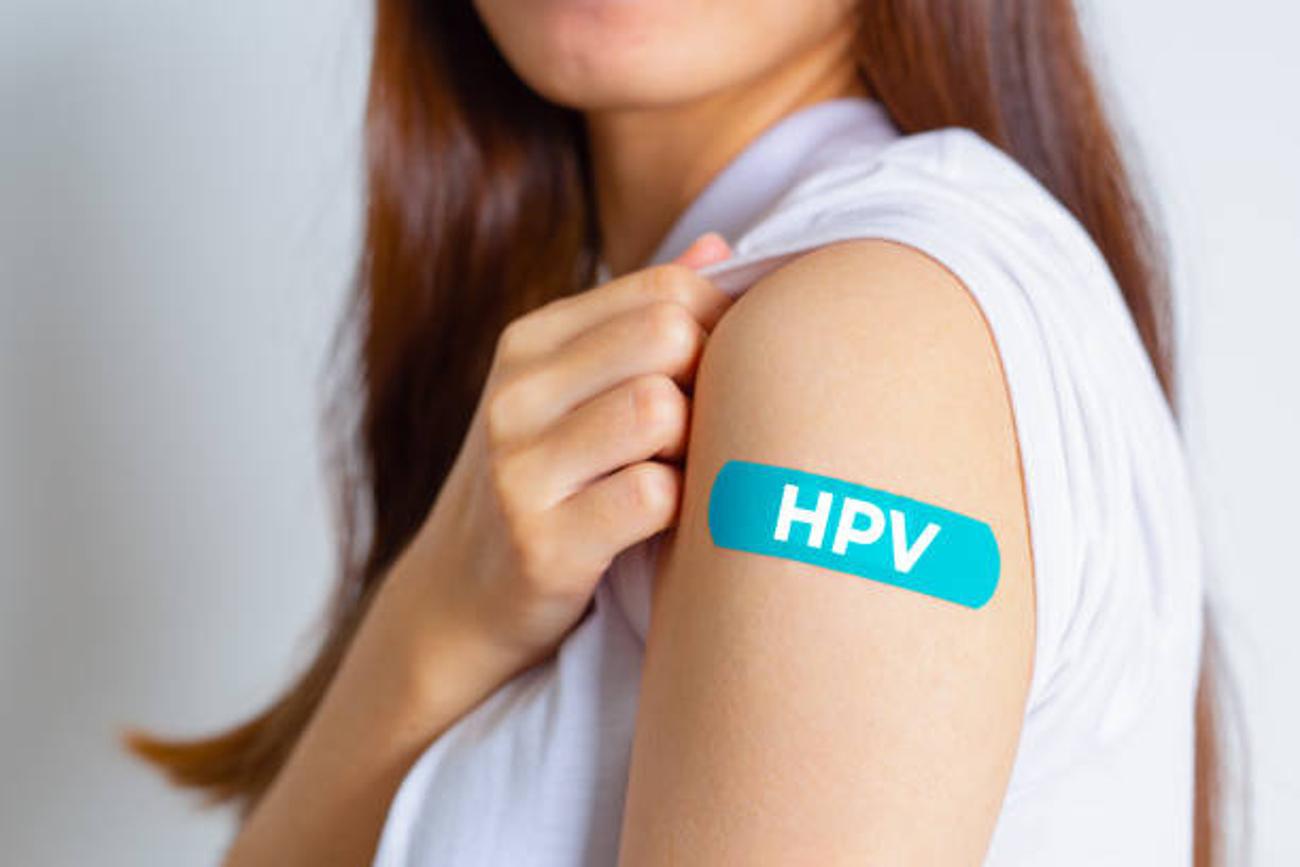
Cancer is one of the leading causes of death in the United Kingdom, the United States, and around the world. While the HPV vaccine won’t eradicate all cancers, it does have the capacity to eliminate the vast majority of cervical cancers.
Thanks to this study, and many others like it, doctors around the world hope that within the next generation, we could be free of this life-threatening disease.








































